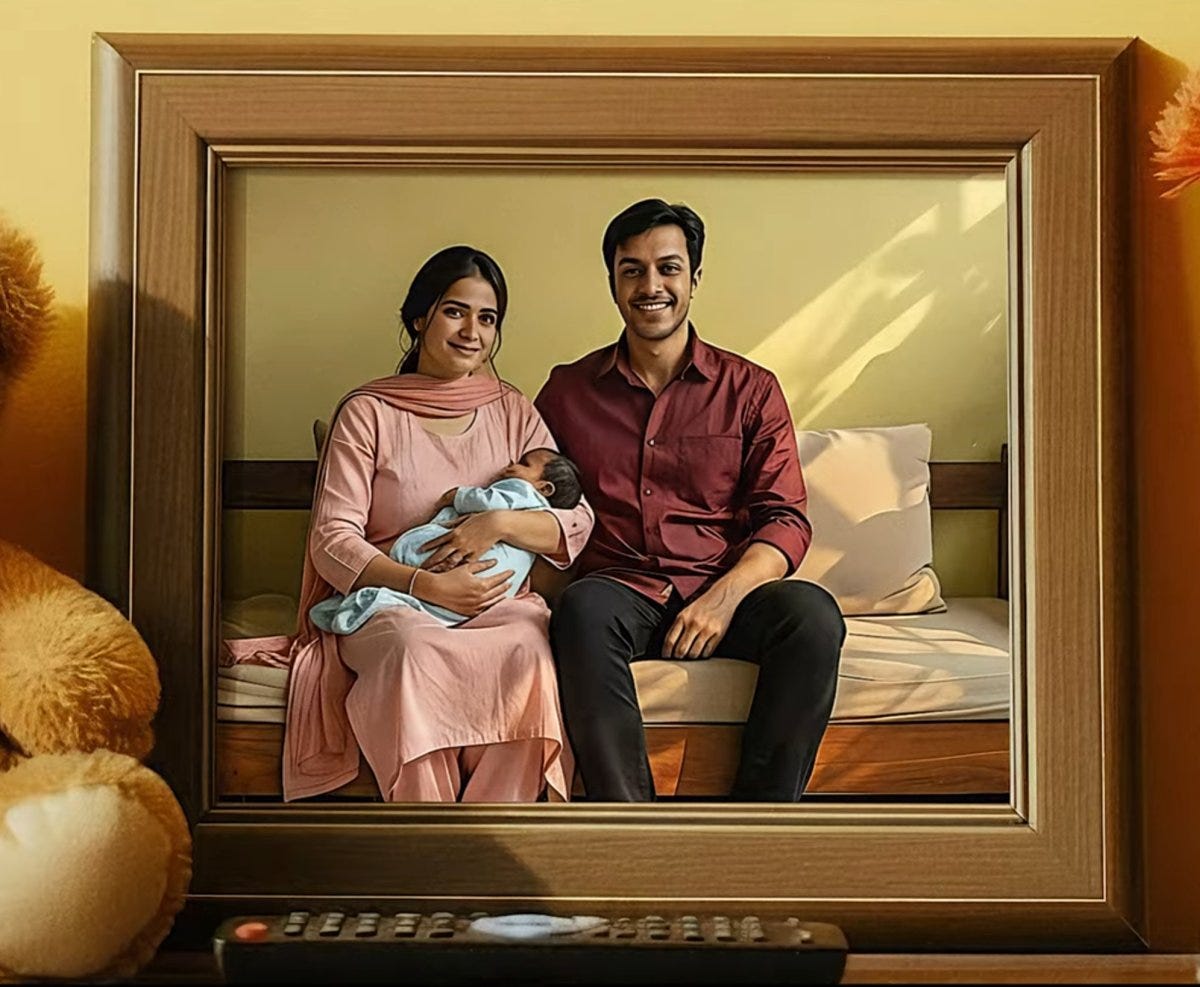How the world becomes childless
Welcome to the club of sub-replacement fertility
In 2023, India’s population reached 1.4 billion, surpassing China as the world’s most populous country. Indians are youthful and growing, just as the Chinese are aging and shrinking. But no sooner had they taken the lead than the UN released a new population estimate. India’s total fertility rate is now 1.9. Welcome to the club of sub-replacement fertility.
Not so long ago, the Chinese were worried about overpopulation and pollution. One billion strong, they put tremendous pressure on food, water, and housing. Today, people are well aware of the baby bust and the inevitable decline of their world. India’s demographic profile is still in a good shape. But it is only a matter of time for them to face a similar problem.
Why do people not want to have children anymore?
Aevy TV has made a YouTube show about this. Listen to these young people all say “hell no” to having children. We don’t hear interviews from India often, but their objections sound just like ours.
Among all the challenges of raising kids, the one factor that people worry the most is probably high cost. Start with diapers and pediatricians. Add school and tutoring expenses. The extra real estate price for a bigger house. On top of that, an expensive four year college education. Having a second child doubles the cost. Every estimation tells us having children will be a major burden to the parents. The rational conclusion – we should not have children.
While this seems very convincing, I often question this kind of financial argument. Our parents made much less money than us. I went to government schools and received no extra tutoring. We lived in a cramped house with just enough money to get by. Nevertheless, I grew up just fine. Today we have so much more resources and possessions. Why is raising children so much harder?
People use economics as a rational justification. But deep down, there are more fundamental motivations that remain unspoken. Simply asking the question – should we have children – already makes us behave differently than the previous generations. Back then, people grew up, they got married, they had a family. It is one simple path that everyone follows. There is no need for complex financial calculations.
I really like Aevy TV’s videos. Not only do they have a good topic and good research, they also enliven the talk show with a well made mini-drama. Two characters, Dilip and Dinesh made a different life choice. Dilip’s family chose to have a child. He slaved his whole life to pay for the mounting expenses. Dinesh’s family decided to remain childfree. They lived comfortably with double income, traveled the world and enjoyed life. It is a short drama. But it ended with a poignant finale.
How much does it cost? Are we really asking the wrong question? Perhaps we ought to consider other things, like what is the meaning of life.


